Found 45 movies, 6 TV shows, and 4 people
Can't find what you're looking for?
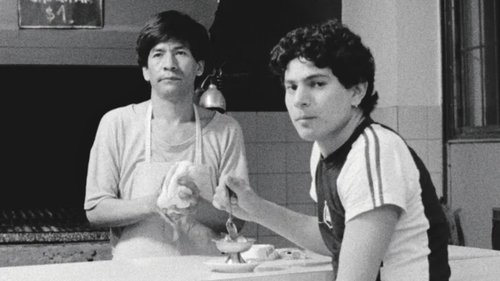
Freddy emigrates to Buenos Aires in search of a more prosperous life. In his native country, Bolivia, he left his family. But the capital of Argentina is not the paradise he dreamed of, and much less for illegal immigrants like himself. But even with that, he gets a job as a griller in a restaurant.

About the country of Bolivia.

No description available for this movie.
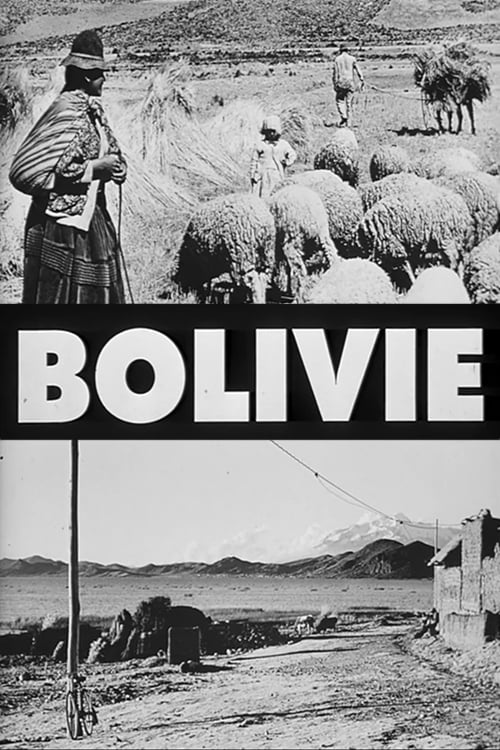
Photography trip to Bolivia filmed with a rostrum camera and edited with original sounds from the country.
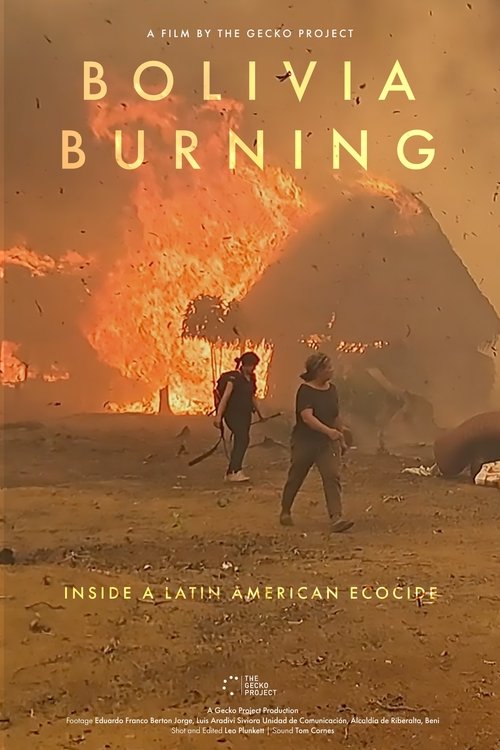
2024 was the worst year on record for the world’s primary tropical forests, and Bolivia lost 1.5 million hectares — more than any country except Brazil. Fires set to clear land for agriculture spiralled out of control, turning swathes of the country into an inferno. Against this backdrop, the film follows investigators from The Gecko Project as they journey through the Chiquitano dry forest in Bolivia’s eastern lowlands — the region most deeply affected by fires and deforestation.
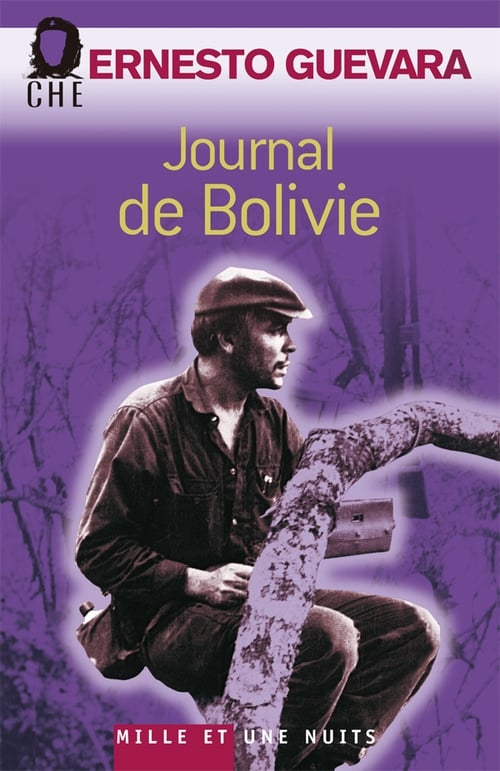
A documentary about Che Guevara in Bolivia, based upon his journal listing daily agendas

Neethu, a social activist, finds her neighbours in danger and seeks help from police as well as 'Guru', a teenage private detective known for his computer skills. Is it too late for Neethu and her friends to crack this case?

Do you believe in miracles? Can you imagine that today on the planet somewhere in the tropics you can find pre-revolutionary Russia? Such a Russia, where men walk around in embroidered shirts, women in sundresses weed gardens, working among pineapples, so that the bathhouse is melted with coconut peel, and alcohol is made from mango or papaya. Do not rush to say no, because this is exactly the kind of Russia Sergei Yastrzhembsky and his team discovered in the tropics of Bolivia.
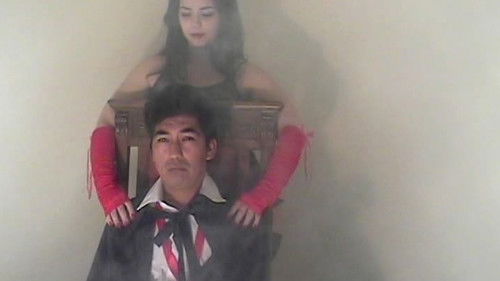
It's the year 1462. The troops of the Peruvian-Muslim empire are besieging Bolivian lands. Draculea, a knight of the sacred Order of the Dragon and staunch defender of Christian interests, finds himself embroiled in a fierce brawl with the invaders. Centuries later, the Liniers neighborhood is gripped by a lascivious influence when Draculea decides to establish his empire of pleasure and debauchery there.
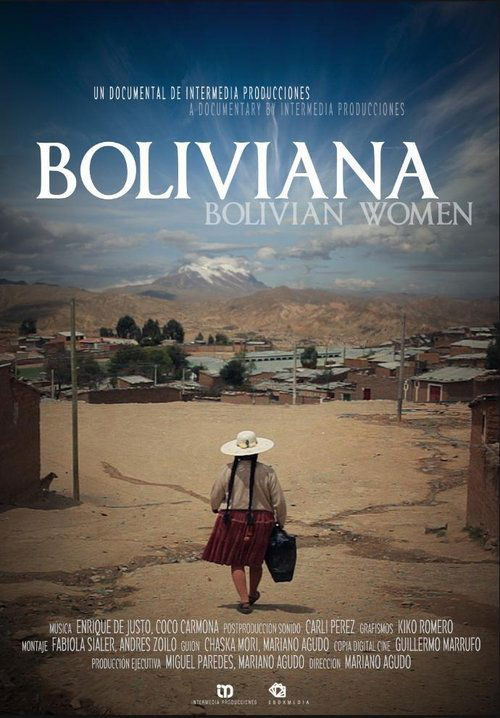
No description available for this movie.

Three Norwegian teenaged girlfriends get caught smuggling cocaine out of Bolivia. Why does only one take the fall? Cue a tabloid media storm, professional kidnappers and a behind-bars pregnancy in this sensational exposé.
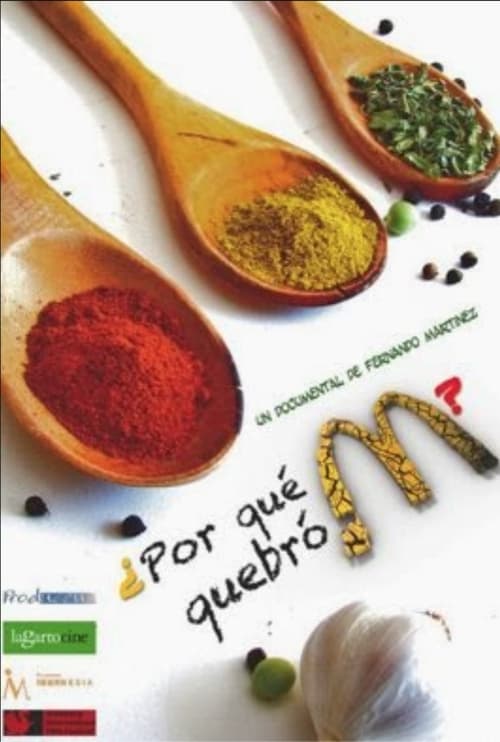
In December of 2002, McDonald's had to shut down their restaurants in Bolivia. The company cited financial problems, but the real reasons were to be found elsewhere. Bolivia may be a small, poor nation on the global market, but a country's fierce local food culture can be sometimes a more powerful factor than economic clout. In his first feature-length documentary, Fernando Martinez shows what happened, a story driven by the characters behind the events and their life stories, such as renowned cooks and a review of popular sayings about the Bolivian food. The symbolism is obvious when a multinational giant is 'brought to its knees' by a country's traditions and heritage.

A documentary filmmaker travels to Bolivia to learn more about his father and his family's history.
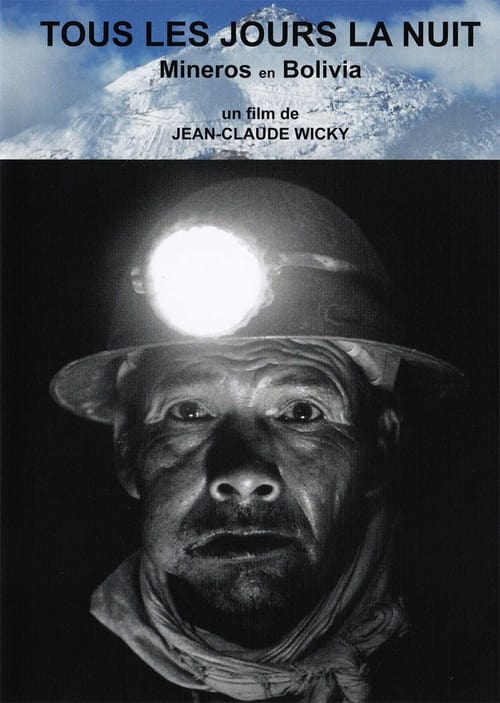
For many years, the Swiss photographer Jean-Claude Wicky captured the world of Bolivian miners in photographs. When he discovered how strongly they reacted to his pictures, he decided to make a film. Black-and-white photographs alternate with film sequences, in which the miners talk about the harsh conditions of their everyday lives, while also rendering visible their pride, dignity, culture and dynamic traditions. Every day is night is first and foremost a testimonial of profoundly sincere human encounters based on respect, generosity and gratitude.
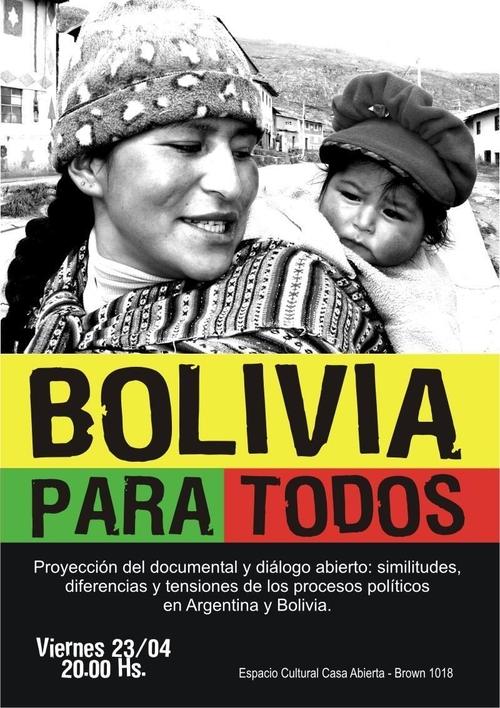
No description available for this movie.

No description available for this movie.

Andean communities fight to protect their water from contamination by mining companies.
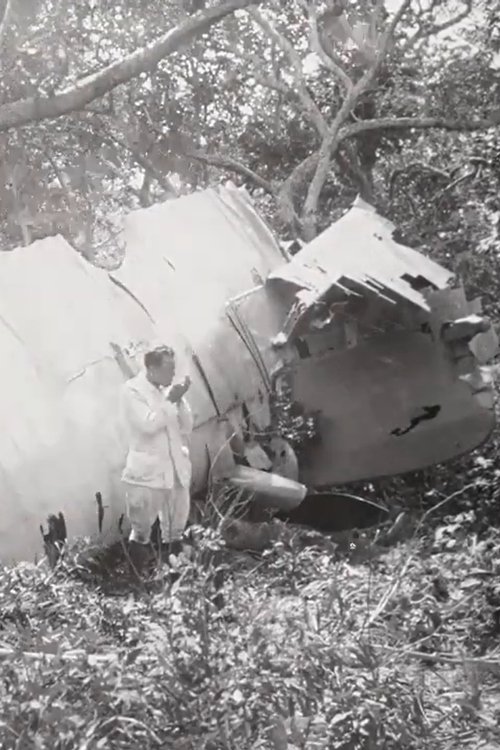
This edited section of unreleased footage records an expedition in the forests of eastern Bolivia in 1928 made by Mamerto Urriolagoitia, Alejandro Siemal, Julian Duguid, and cameraman JC Bee-Mason.
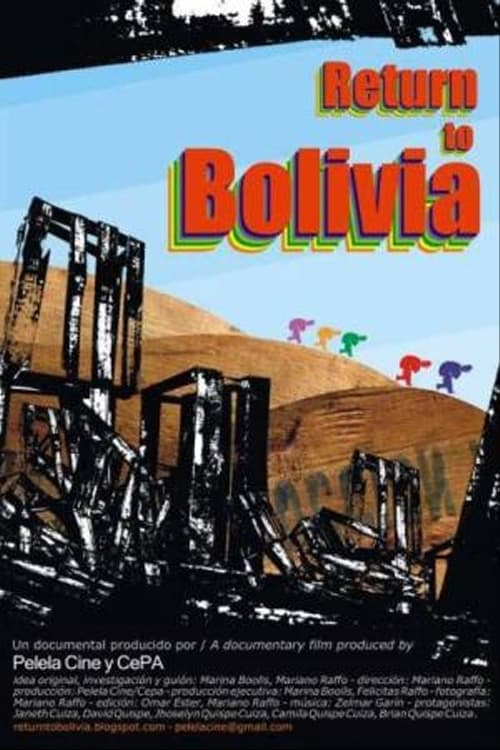
A family of Bolivian immigrants living in Argentina operates a greengrocer in a neighborhood of the City of Buenos Aires. In order to get employees for their business, they travel to Bolivia after eight years of absence. During the trip they meet their family, their friends and their abandoned traditions. But everything has changed and Bolivia does not seem to be its place either.
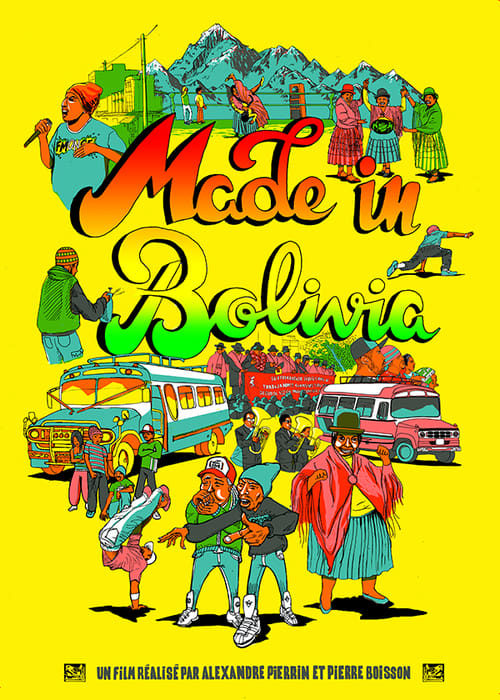
No description available for this movie.
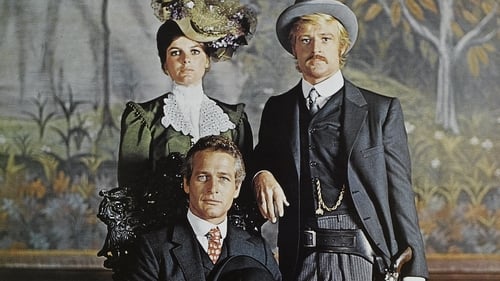
As the west rapidly becomes civilized, a pair of outlaws in 1890s Wyoming find themselves pursued by a posse and decide to flee to South America in hopes of evading the law.
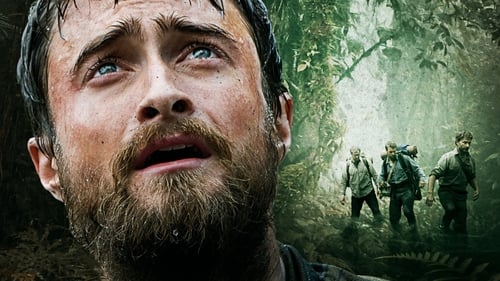
In 1981, an enthusiastic young adventurer follows his dreams into the Bolivian Amazon jungle with two friends and a guide with a mysterious past. Their journey quickly turns into a terrifying ordeal as the darkest elements of human nature and the deadliest threats of the wilderness lead to an all-out fight for survival.
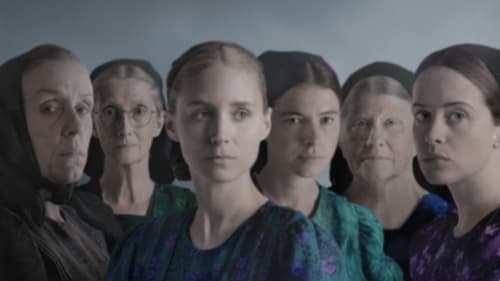
A group of women in an isolated religious colony struggle to reconcile their faith with a series of sexual assaults committed by the colony's men.
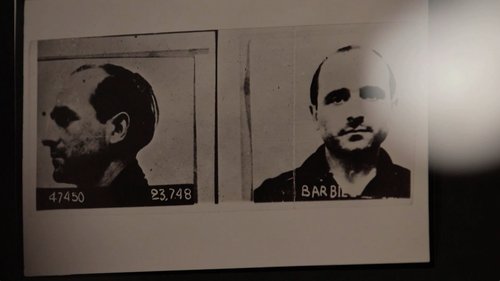
No description available for this movie.
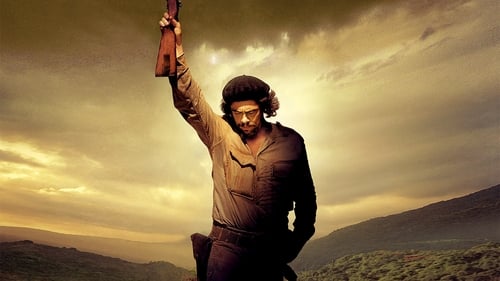
After the Cuban Revolution, Che is at the height of his fame and power. Then he disappears, re-emerging incognito in Bolivia, where he organizes a small group of Cuban comrades and Bolivian recruits to start the great Latin American Revolution. Through this story, we come to understand how Che remains a symbol of idealism and heroism that lives in the hearts of people around the world.
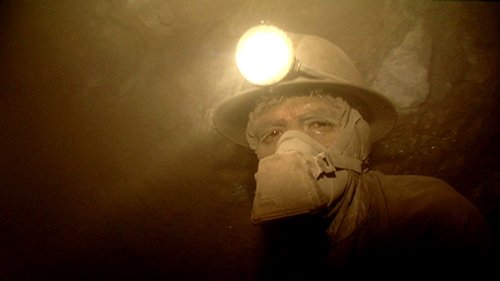
'The Devil's Miner' tells the story of 14-year-old Basilio who worships the devil for protection while working in a Bolivian silver mine to support his family.

A schoolteacher in the small city of Santa Cruz de la Sierra has a passionate affair with his frigid wife's sister—despite the risk of having to confront not only his wife, but also his dubious father-in-law.
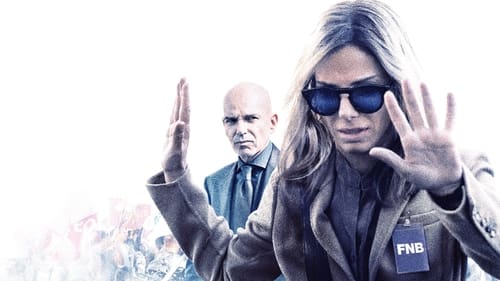
Based on the documentary "Our Brand Is Crisis", this feature focuses on the use of American political campaign strategies in South America.
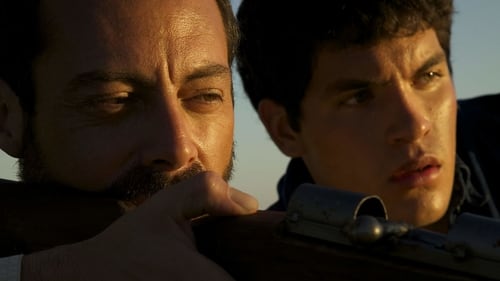
An introvert city teenager is sent to his father's limber ranch. While trying to figure out his place as the son of the boss he finds himself in a world packed with naturalized violence.
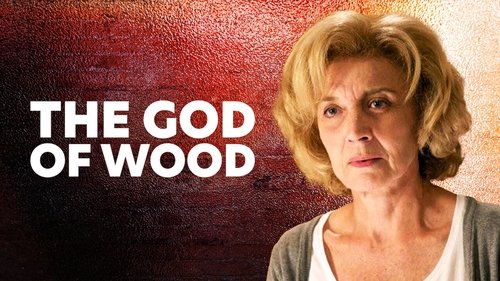
2006: Evo Morales, first indigenous President is elected in Bolivia after the 2003 dramatic events following the fall of the President Sanchez de Lozada (exiled in the U.S. since then). The socialist revolution enters in its crucial stage. But dealing with power carries a burden of temptations and pathologies. In four years of shooting between Bolivia and the US this film focus on the difficult path of this unique historical opportunity. The film ends with the recent TIPNIS dramatic indigenous protest which creates an historical circle.
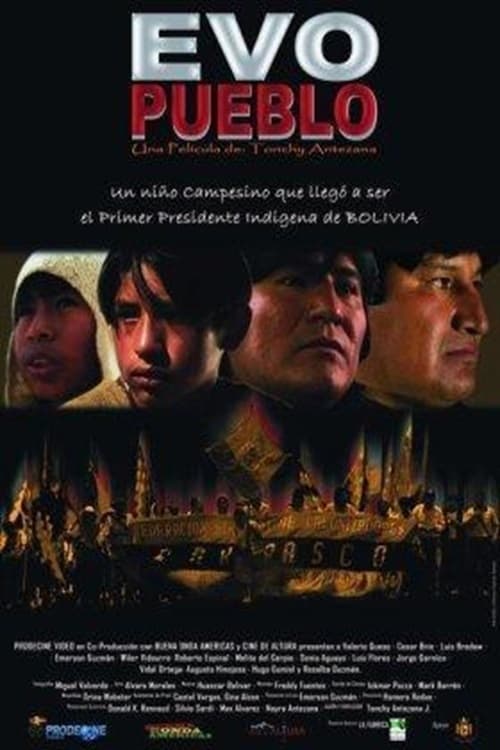
This is the history of a young farmer of the Bolivian plateau that becomes the first indigenous president of Bolivia. His childhood consists of shepherding ewes in the small school located in Orinoca where he befriends Reneco and Jamie, as well as his first love Wilma. All of them partake in different stages of each others lives. At the young age of 17 he is transferred to Oruro mining city in the heat of the Bolivian plateau. In order to survive he will have to work as a brick maker, baker, and trompetista in the Imperial band. The poverty and continuous droughts in the Moral field force the family Ayma to migrate towards the cochabambino tropic. In the tropical Chapare, Evo will become the biggest coca grower, soon to be delegated and win in the elections for president in 2005 with 54% votes. Evo Pueblo depicts the reality of our country, accounting for the common man that inhabits Bolivia through his fights, joys, poverty, exclusion and marginamiento.

Three friends decide to find one of the worlds most powerful drugs. And ingest it. A gonzo documentary that takes you to and beyond the edge of the world.
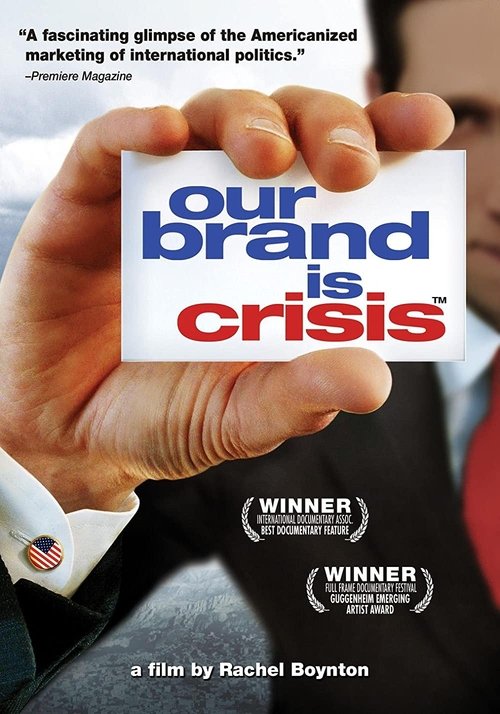
A documentary on American political campaign marketing tactics and their consequences.
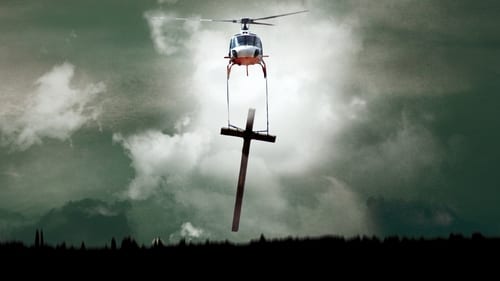
As a director and his crew shoot a controversial film about Christopher Columbus in Cochabamba, Bolivia, local people rise up against plans to privatize the water supply.
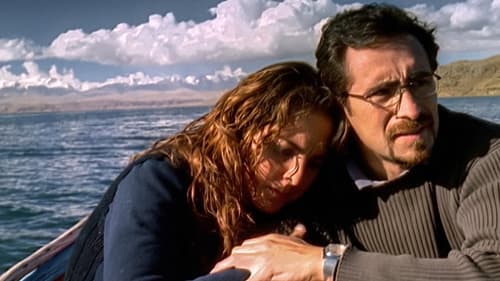
After being denied an American visa, a Bolivian professor becomes involved in a web of criminal activities, holds-up the American consulate and falls for a beautiful prostitute from the Bolivian lowlands.

Critical investigation of The World Bank and IMF. Too hot for PBS, but prime time TV everywhere else. Do the World Bank and IMF make the poor even poorer? Are the Bank and IMF democratic institutions? Why do people demonstrate against the Bank and IMF? For the first time, a documentary global investigation of major criticisms of the World Bank and the International Monetary Fund (IMF), two of the most powerful financial institutions in the world. Five country case studies are presented, each concentrating on a different aspect of critics' charges: 1. Bolivia: Debt, Drugs and Democracy 2. Ghana: The Model of Success 3. Brazil: Debt, Damage and Politics 4. Thailand: Dams and Dislocation 5. Philippines: The Debt Fighters. The charges, including those related to structural adjustment, are controversial and provocative. Some go to the heart of the power and policies of these institutions.

Documents the conflicts and tensions that arise between highland migrants and Mosetenes, members of an indigenous community in the Bolivian Amazon. It focuses particularly on a system of debt peonage known locally as ‘habilito’. This system is used throughout the Bolivian lowlands, and much of the rest of the Amazon basin, to secure labor in remote areas.
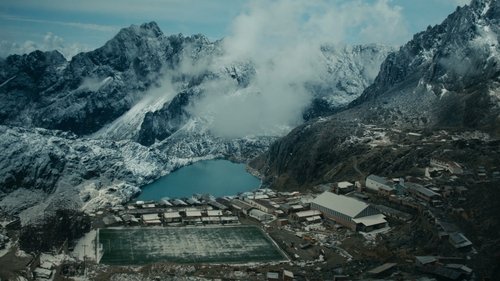
Danger, toil, and superstition pervade life in a mining town high up in the Bolivian mountains. Tin is the heartbeat of the community providing jobs and livelihoods - but at considerable cost. With deaths commonplace, people make offerings to El Tio, the devil under the earth, for protection and good fortune. But when the mountain's flow of tin ebbs, further measures must be taken...
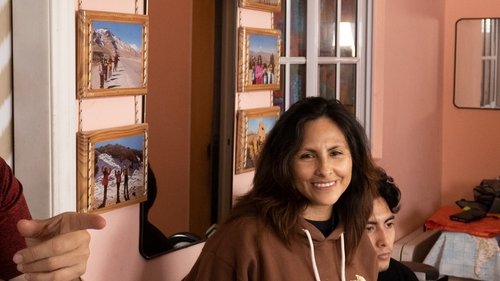
No description available for this movie.
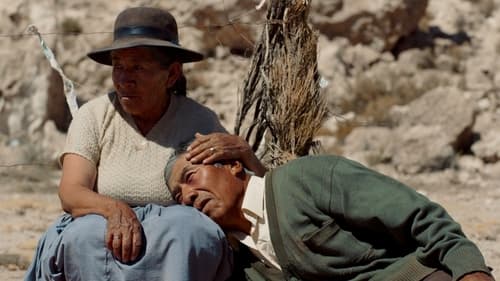
In the Bolivian altiplano, Virginio and Sisa, an elderly Quechua couple who have lived a quiet life for years, face an impossible dilemma during an unusually long drought: resist or be defeated by the hostile environment and the relentless passage of time.

During Carnival in São Paulo, a young man and young woman who knew each other as children meet again after many years and the social barriers that have kept them apart. Bad decisions lead the boy to hide with the girl inside a whale float.
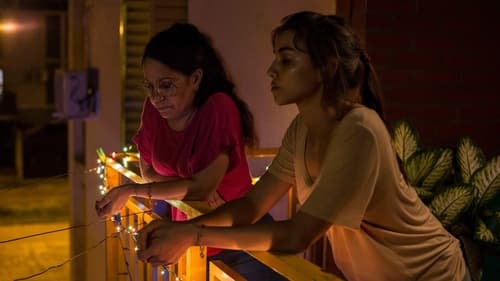
Julia returns to her hometown and the neighbourhood she left years ago after being swindled. She’s here to sign a permit to authorize her daughter to move in with her father, but more than anything, she’s come back to recover money that she left there, and which would solve a lot of her problems. Returning to her past is nothing like she expected it to be.

Innovative sixties softcore. Lenore and Suzanne are swinging 60s chicks who share a swank apartment and a Lincoln Continental financed by their rich, bankrolling daddies.

A collection of explicitly simulated sexual vignettes ranging from rape and orgy to historical events.
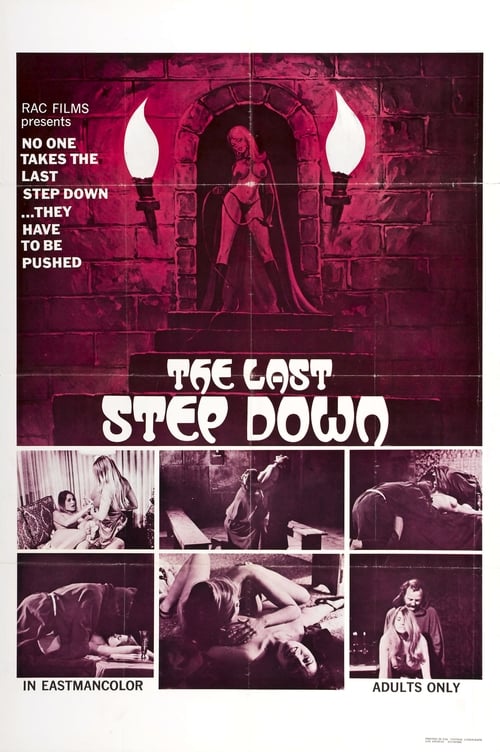
A naive country girl new to the big city gets involved in the underground sex scene.